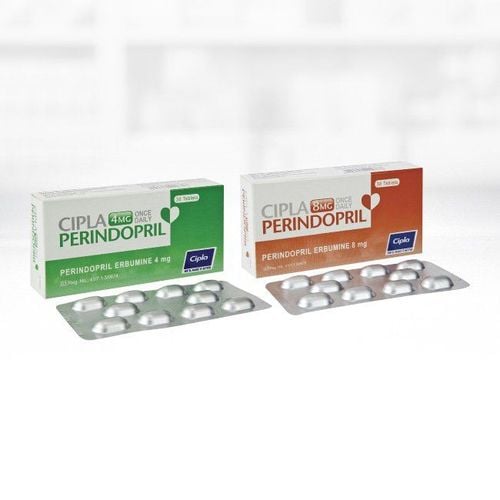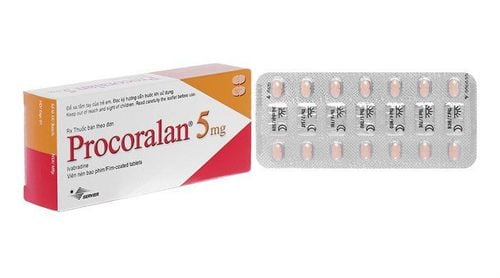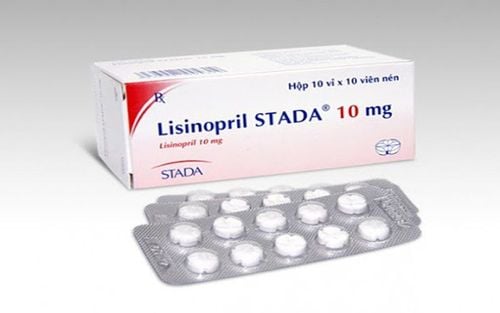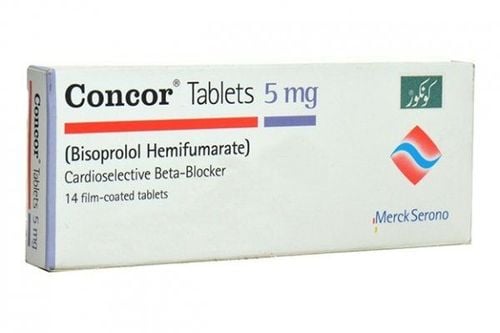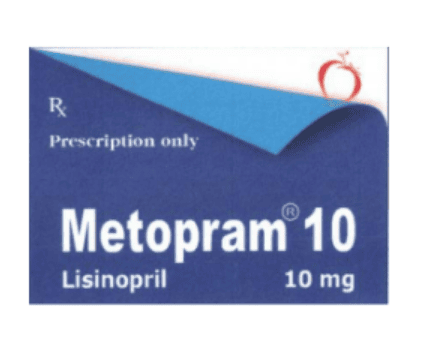This is an automatically translated article.
The article was written by Dr. Luong Vo Quang Dang - Cardiologist - Head of Internal Medicine - Department of Medical Examination & Internal Medicine - Vinmec Phu Quoc International General HospitalAngina is a fairly common complaint of patients who come to the clinic with concerns about cardiovascular diseases. Most patients have chest pain that is not related to cardiovascular disease and is usually not dangerous. The rest with acute or chronic coronary artery disease also have symptoms of angina but with a different nature.
1. What is angina?
Angina is a classic symptom of ischemic heart disease, also known as coronary artery disease. Coronary arteries are blood vessels that supply blood to the heart. When the coronary system function is impaired, the blood supply to the heart will be reduced, leading to the symptoms of angina appearing with varying degrees of severity.Typical angina usually occurs in the anterior region of the heart, may deviate to the left, radiating up the mandibular neck or left shoulder area, down the inner arm to the little finger. Patients often describe a feeling of pressure in the front of their chest that makes it difficult to breathe, or as if someone is tightening their chest. Accompanied by excessive sweating, cold hands and feet, or nausea and vomiting.
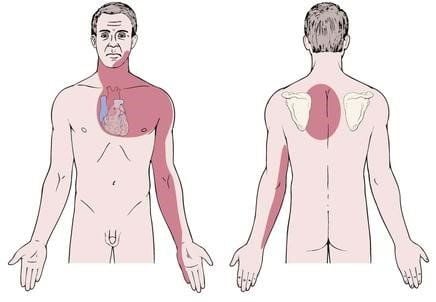
Vị trí và hướng lan của cơn đau thắt ngực do bệnh động mạch vành
2. Classification of angina?
Based on the circumstances of the onset of angina and the duration of the pain, angina attacks are divided into 2 groupsStable angina, or Stable CHD: Usually each patient has a level of exertion at which angina occurs with the above characteristics. The pain will subside in 5 -15 minutes from the time the patient rests or sucks / sprays antianginal medicine under the tongue. Unstable angina and acute myocardial infarction: Initiation may or may not be related to exercise, lasting 20-30 minutes or longer with severe pain intensity that does not subside with rest and suck/spray chest pain reliever. This is a dangerous disease that requires urgent treatment in a hospital.
3. Is angina dangerous?
Ischemic heart disease is one of the leading causes of death and disease burden globally. In particular, acute myocardial infarction is a serious condition, occurring when one (or more) blood vessel branches supplying the heart are blocked. The disease can leave consequences such as heart failure, arrhythmia, rupture of structures in the heart or even sudden death if not treated promptly. In addition, people with stable CHD are always at risk of developing myocardial infarction or heart failure. This risk is more or less depending on the extent and number of narrowed blood vessels.4. What should I do to prevent angina?
If you have or have had ischemic heart disease, regular treatment is needed to help prevent recurrence of angina attacks, improve quality of life, improve exercise capacity, reduce minimize the risk of myocardial infarction, heart failure, and death from cardiovascular disease. If you do not have ischemic heart disease or any angina, you need to prevent it by doing the following:Eliminate/reduce the effects of cardiovascular risk factors
Quit Smoking Treatment Stabilize blood sugar if you have diabetes Treat to stabilize blood lipids if you have dyslipidemia Treat to stabilize blood pressure if you have high blood pressure Adjust diet:
Reduce foods rich in unhealthy fats : skin, fat, animal intestines, brain marrow; egg yolks, bricks, shrimp and crabs Increase foods from the group of green vegetables, fresh fruits, reduce alcohol, exercise at least 30 minutes a day with enough intensity to make the body sweat. For patients who have been diagnosed and are being treated for ischemic heart disease, the use of drugs prescribed by doctors should be strictly followed. In addition, periodic follow-up examination of cardiovascular health is essential.

Bỏ thuốc lá là đang loại bỏ/giảm thiểu nguy cơ tim mạch
5. Why do I have to take many medicines to treat angina? How do angina medications protect me?
The rhythmic functioning of the heart is a complex process. Your heart will work steadily in an ideal condition when:Blood pressure is controlled at a stable level, Heart rate is regular within an acceptable limit, Blood volume is maintained at a moderate level, The concentration of substances harmful to the heart is significantly reduced. When you have angina (or ischemic heart disease), all of the above conditions need to be optimized. In addition to diet and lifestyle changes, prescribed cardiovascular medications will help you keep these factors within acceptable limits. In addition, the doctor also prescribes you to use more drugs as follows
Antiplatelet drugs that cause blood clots to block coronary arteries, Drugs that increase blood flow to the heart, Medicines to reduce blood pressure bad cholesterol levels And others depending on the specific situation.
6. If I have an upset stomach, can I take Aspirin?
Aspirin is a very effective antiplatelet agent, indicated for life in patients with ischemic heart disease. However, many patients have side effects on the stomach when taking Aspirin, the most severe is perforation and gastric bleeding. Before taking Aspirin, the patient should be checked for a history of gastric disease, the status of Helicobacter pylori infection in the stomach through endoscopy and treatment of gastric pathology if any. While taking Aspirin, patients with a sensitive stomach are often prescribed with a group of drugs that protect the stomach. In general, common stomach problems should not be a barrier to taking Aspirin.7. When I have angina, besides taking medicine, what else should I do?
If it's your first time experiencing angina, you need to go to a medical facility right away for examination and treatment.If you have been diagnosed and are being treated for ischemic heart disease, taking the full range of prescription medications is essential. When chest pain occurs, you can suck / spray under your tongue the nitrate medicine that your doctor has prescribed for you. Then you need to go to the medical facility immediately if the chest pain symptoms do not improve.
8. Why do I have to have a blood lipid test and treatment for hyperlipidemia?
Increased blood fat, especially bad fat (LDL-cholesterol), is the most feared risk of cardiovascular disease. Excess fat components circulate in the blood vessels, instead of being eliminated, they will accumulate in the walls of blood vessels throughout the body. This phenomenon is called atherosclerosis. As a result, blood vessels will narrow over time (as shown below) and become stiff and less elastic. The process shouldn't cause you any discomfort until the blood vessel narrows dramatically, severely reducing the blood supply to the organ it nourishes.Blood lipid test provides detailed information about the concentration of bad fat components, helping to choose the right treatment method. Depending on the results of the blood lipid test, the doctor will prescribe which drug to the patient. Taking drugs does not completely cure hyperlipidemia, but only helps bring the concentration of fats to a more stable and safe level, helping to reduce the risk of cardiovascular diseases. Remember, along with measures to change to a healthier lifestyle, long-term maintenance of taking medication to treat hyperlipidemia as prescribed by your doctor is necessary.
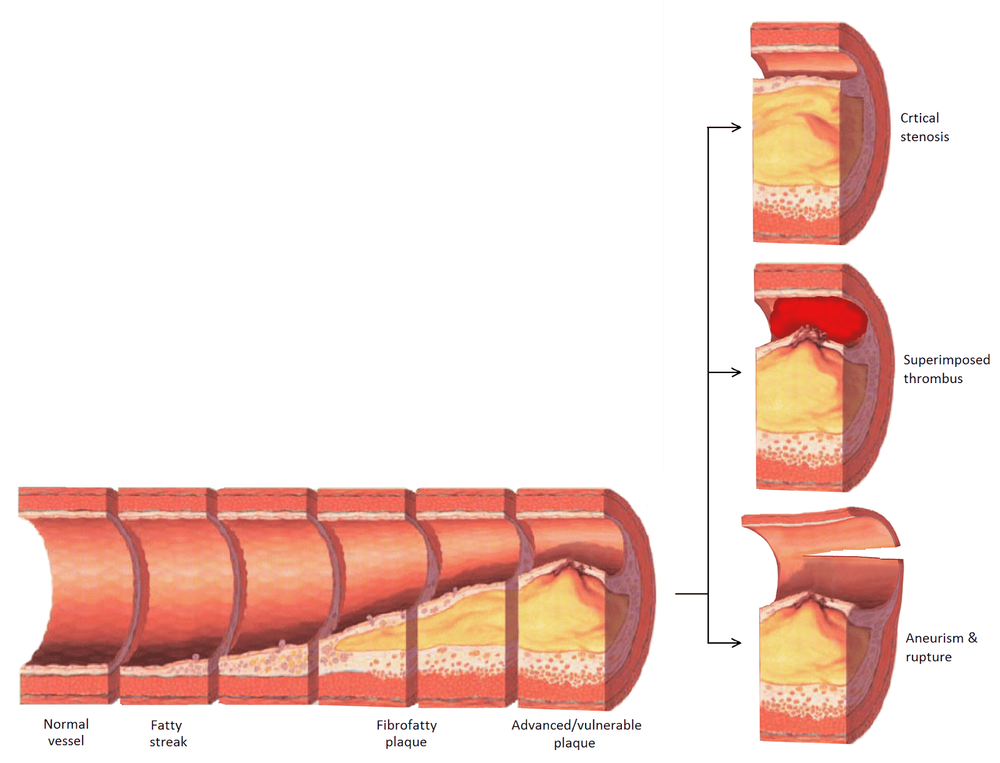
Lắng đọng cholesterol trong thành mạch máu tạo thành mảng xơ vữa động mạch
9. Why should I have my blood sugar tested and treated for hyperglycemia?
Similar to hyperlipidemia, diabetes is a scary disease that not only affects the cardiovascular system but also many other organ systems in the body. With simple tests, diabetes can be easily diagnosed. However, diabetes treatment is challenging for most patients because of the need for persistence and strict adherence to diet and medication use. Regular blood sugar testing during treatment helps to closely monitor and adjust medication use more appropriately. Similar to hyperlipidemia, the treatment of diabetes needs long-term and continuous pursuit to minimize the risk of cardiovascular diseases.10. What other tests do I need?
In order to properly assess the health of your heart, doctors will usually, on a case-by-case basis, assign you to do one or more of the following tests:Electrocardiogram : Review your heart rate and abnormalities normalization of the heart through electrical waves in a static state Stress electrocardiogram: Examines heart rhythm and abnormalities of the heart through electrical waves in a state of motion that gradually increases to maximum exertion. Echocardiography: Survey images of the structure and mechanical activity of the heart Cardiovascular computed tomography (CT scanner): Survey the heart structure and the blood vessels supplying the heart (coronary artery system) Add-on imaging Magnetic resonance imaging (MRI) of the heart: Survey of heart structure and abnormalities of the heart muscle, survey the level of survival of the diseased myocardium. Coronary angiography: An invasive method but the highest value in the diagnosis of ischemic heart disease.
11. How should I follow up with a cardiac checkup?
Depending on the severity and stability of your ischemic heart disease, your doctor will give you a specific examination schedule. All in all, it takes a little time for your heart to be cared for by professionals.12. Can I live well with angina?
Angina should not be a barrier to a healthy and happy life.The main goals of treating patients with ischemic heart disease are to improve symptoms, including: Reducing the number of angina episodes, increasing exercise intensity, reducing the number of hospitalizations for angina, as well as minimizing risk of progression to myocardial infarction or heart failure or death from ischemic heart disease. The close and rhythmic coordination between doctors and patients in treatment helps to achieve the above goals better. Patients can be completely confident with daily activities or know how to live appropriately through instructions from their doctor.
In order to diagnose and provide a suitable treatment plan for each case, the doctor will order a stress echocardiogram to evaluate. Currently, the International General Hospital is fully equipped with all modern ultrasound techniques, including stress echocardiography with many outstanding advantages:
Echocardiography is performed by a team of doctors who are: Professional and comprehensive medical examination, consultation and treatment services are performed by leading experts in the industry, in a closed room with full equipment, during the procedure, the doctor will reduce the light light in the ultrasound room, then the patient will be applied a special gel on the chest to increase the transmission of ultrasound waves to help observe the image more clearly. The transducer is moved back and forth across the chest to capture echocardiographic images. You may hear a píu piu, which is the sound of blood flowing in your heart that is recorded by the ultrasound machine. The echocardiography process takes less than 1 hour, the time taken can be longer or shorter depending on the patient's condition. When cardiovascular problems are detected, patients will be treated by leading specialists at Vinmec's Cardiology department. This is a department that always receives a lot of praise and satisfaction from domestic and international customers, is the pioneer in successfully applying the world's most advanced techniques in the treatment of cardiovascular diseases.
A team of highly qualified and experienced experts: qualified doctors from Master's to Professor's and Doctor's degrees, reputable in medical treatment, surgery, interventional cardiac catheterization. Intensive training at home & abroad. In particular, Prof. TS.BS Vo Thanh Nhan - Cardiology Director of Vinmec Central Park was recognized as the first and only expert in Vietnam to be awarded the "Proctor" certificate on TAVI. State-of-the-art equipment, comparable to major hospitals in the world: The most modern operating room in the world; The most modern silent magnetic resonance imaging machine in Southeast Asia; The CT machine has a super-fast scanning speed of only 0.275s/round without the use of heart rate-lowering drugs; The 16-sequence PET/CT and SPECT/CT systems help detect damage to cardiovascular organs early even when there are no symptoms of the disease. Applying the most advanced advanced cardiovascular techniques in the world in treatment: Painless open-heart surgery; Percutaneous aortic intervention without general anesthesia; Treatment of mitral regurgitation through the catheter has a success rate of 95%; Ventricular-assisted artificial heart transplantation for patients with end-stage heart failure prolongs quality of life beyond 7 years. Cooperating with leading Cardiology Centers in Vietnam and the world such as: National Heart Institute, Cardiology Department of Hanoi Medical University, University of Paris Descartes - Georges Pompidou Hospital (France), University of Pennsylvania (France), University of Pennsylvania (France), University of Pennsylvania (France). United States)... with the aim of updating the most modern cardiovascular treatments in the world. To receive examination and treatment with leading Vinmec cardiologists, customers please book an appointment online at the website or contact Vinmec Health System nationwide for service.





